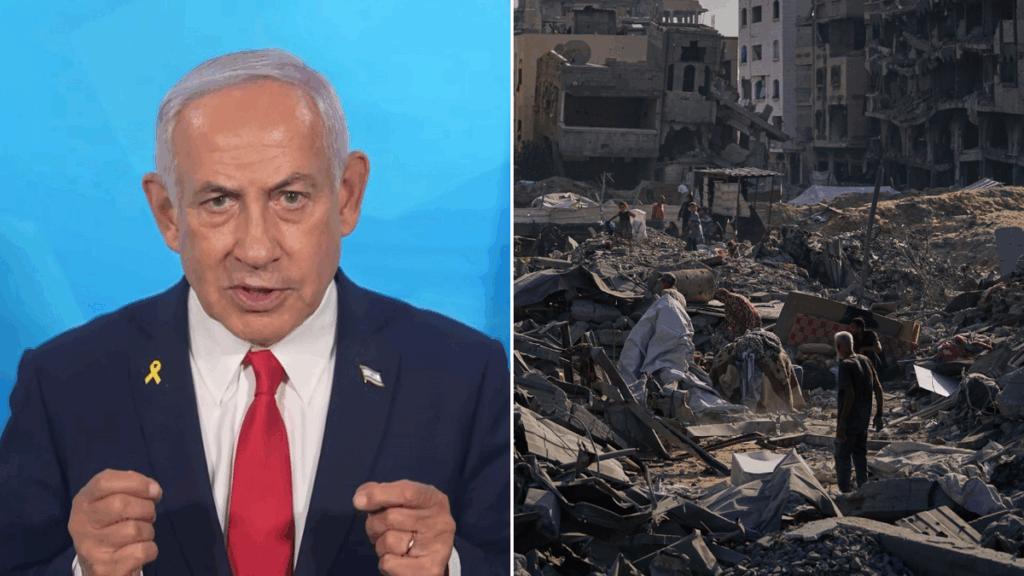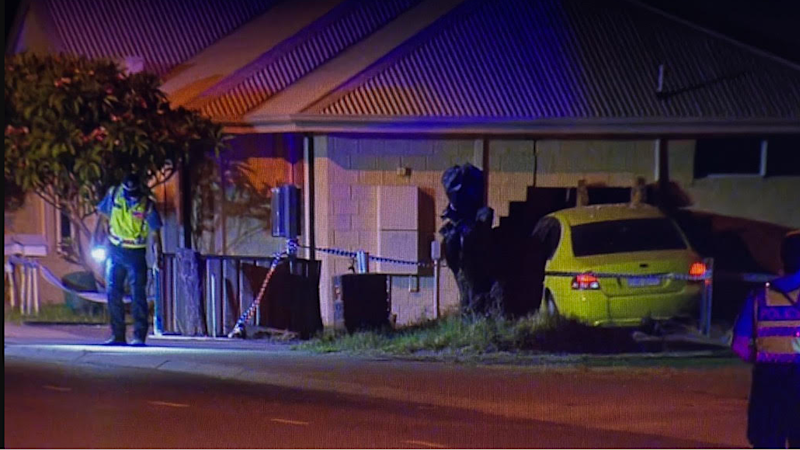
Israel has announced plans to retake Gaza City, escalating its ongoing conflict with Hamas. This decision, made during a late-night meeting of top officials on November 3, 2023, comes despite increasing international calls for peace and protests within Israel over the fate of hostages held by Hamas.
The military operations have already led to the deaths of tens of thousands in Gaza, displacing a significant portion of its population and creating widespread destruction. The humanitarian situation has deteriorated, pushing the region towards a potential famine. A renewed ground operation in Gaza City is expected to worsen these conditions.
Leadership and Strategic Objectives
Israeli Prime Minister Benjamin Netanyahu previously indicated broader ambitions to take control of all of Gaza in an interview with Fox News. He asserted that securing the area would be vital for Israel’s safety and insisted, “We don’t want to keep it. We want to have a security perimeter.” This remark highlights Israel’s intention to transfer control to Arab forces capable of governing the territory without posing a threat to Israel.
The Israeli military currently controls approximately three-quarters of Gaza. The Security Cabinet’s final decision is viewed as a strategy to pressure Hamas into accepting a ceasefire on Israel’s terms. Yet, there are concerns from military leaders, including Lt. Gen. Eyal Zamir, about the potential risks to the remaining hostages—around 50 individuals, with approximately 20 believed to be alive—if ground operations escalate.
Humanitarian Impact and Civilian Casualties
The ongoing military campaign has resulted in over 61,000 Palestinian deaths, according to the Gaza Health Ministry, which is affiliated with the Hamas-led government. The ministry’s figures are regarded by the United Nations and independent observers as the most credible estimates of casualties, although Israel disputes these numbers without providing its own.
On November 2, 2023, at least 42 Palestinians were reported killed in airstrikes and shootings, with a significant number seeking food in military-designated zones in southern Gaza. The Morag Corridor, a military zone, has seen numerous incidents of violence as aid convoys struggle to reach those in need, often overwhelmed by desperate crowds.
Witnesses and health officials have reported that Israeli forces have consistently opened fire on crowds since the lifting of a complete blockade in May. In response, Israel maintains that it has only fired warning shots. The situation has placed immense strain on humanitarian efforts, exacerbating the suffering of civilians.
The humanitarian organization Doctors Without Borders has criticized the distribution methods employed by the Gaza Humanitarian Foundation (GHF), which was established with U.S. and Israeli backing to provide aid. MSF described the conditions around GHF sites as chaotic and dangerous, asserting that the situation has led to unnecessary injuries and fatalities among those seeking assistance.
As Israel considers a new phase in its military campaign, the implications for both military strategy and humanitarian conditions remain profound. With ongoing violence and a lack of clear resolution, the situation in Gaza continues to evolve, leaving many civilians caught in the crossfire.






